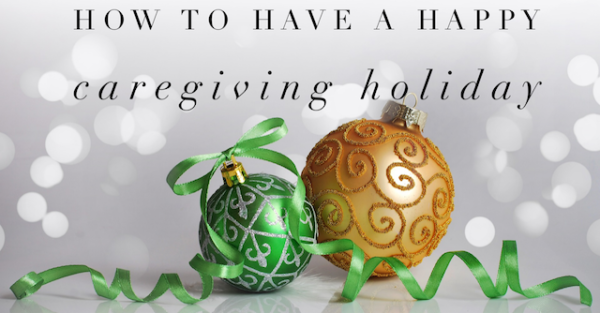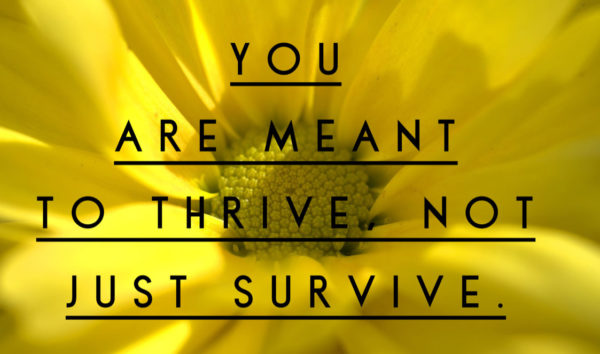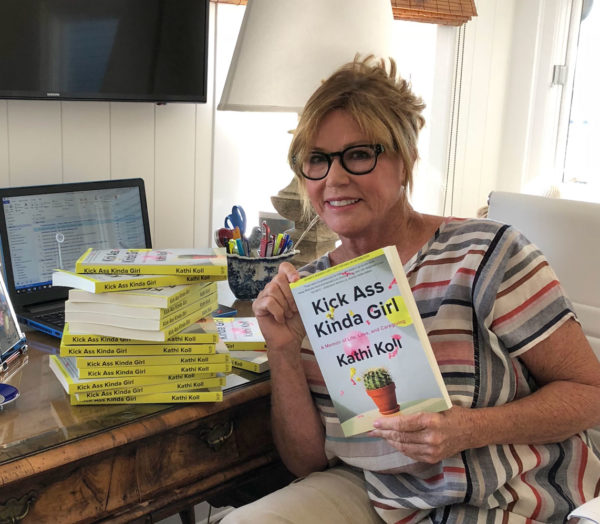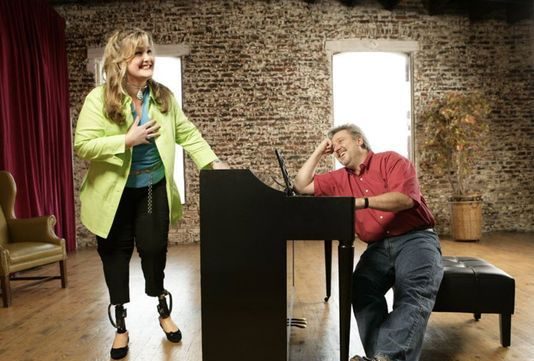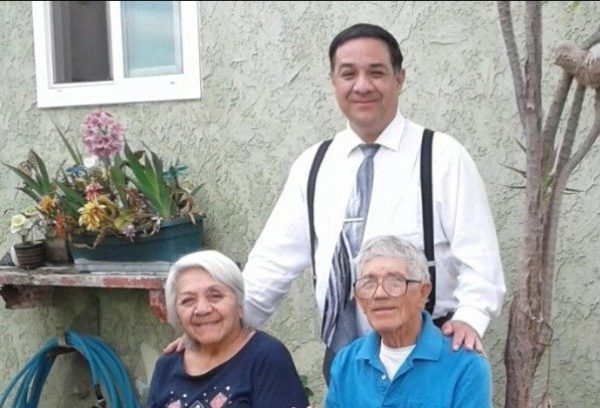How to Have a Happy Caregiving Holiday
How can you take extra time to make the holidays merry when you already have so much to do as a caregiver?
Sometimes, it may seem like an impossible challenge, but it can be done. To do so, however, the most vital task may be to shift the way you think, because how you think about the holidays affects how you enjoy the holidays.


